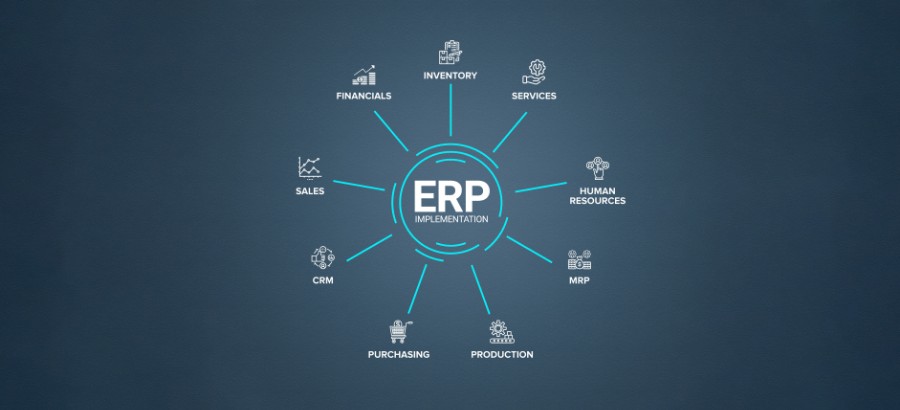
The Evolution of Procurement Management Modules
Specialized software solutions called procurement management modules are made to make the procurement process inside businesses more efficient and effective. Usually, they are incorporated into stand-alone procurement platforms or more expansive Enterprise Resource Planning (ERP) systems. Procurement Management Modules provide an extensive range of features intended to streamline procurement procedures and promote efficiency throughout the supply chain.
Functionalities of Procurement Management Modules
Management of Suppliers:
Features for supplier management are usually included in a strong procurement management module. This includes relationship management, evaluation of performance, and supplier onboarding process. Stronger supplier relationships are fostered by automated alerts and notifications, which guarantee on-time contract renewals and terms compliance.
Sourcing and Procurement:
Similarly, From payment requests, advanced modules streamline the entire procurement lifecycle. They provide resources for locating products and services, such as electronic procedures for RFxs (Request for Information, Proposal, or Quotation). Strategic sourcing decisions are made possible by the inclusion of supplier catalogs and market analysis tools in these modules.
Management of Inventory:
Real-time visibility into stock levels and demand projections is made possible through integration with inventory management systems. Purchase order generation is automated by procurement modules based on predetermined lead times and reorder points, which optimizes inventory replenishment.
Compliance and Risk Management:
For businesses involved in highly regulated sectors, maintaining regulatory compliance and reducing supply chain risks are critical. Furthermore, Compliance frameworks and risk assessment tools are integrated into procurement management modules to track suppliers’ adherence to industry standards and legal requirements.
Cooperation and Communication:
Additionally, For goals to be aligned and procurement efficiency to be increased, effective cooperation among stakeholders is essential. Collaboration tools like automated workflows, communication channels, and central document repositories are provided by procurement management modules.
Benefits of Procurement Management module
Cost Savings and Compliance:
Moreover, Strategic sourcing, contract optimization, and spend analysis are three ways that procurement management modules help reduce costs. Organizations can find areas for cost savings, work out advantageous terms with suppliers, and combine purchases to take advantage of volume discounts by using historical data and analytics.
Risk Mitigation and Organisational Resilience:
In the turbulent business climate of today, reducing supply chain risks is essential to fostering organizational resilience. Furthermore, Risk management tools and compliance frameworks are integrated into procurement management modules to detect, evaluate, and reduce possible risks throughout the supply chain.
Scalability and Adaptability:
However, These two factors become more important to take into account when choosing procurement management solutions as businesses expand and change. The scalable architecture and adaptable configurations of procurement management modules allow for the expansion of procurement volumes and the adaptation of business needs.
Optimal Strategic Choice-Making:
Additionally, Having access to actionable insights is essential for influencing procurement strategy decision-making. Strong analytics and reporting features provided by procurement management modules help businesses track key performance indicators (KPIs), keep an eye on trends, and pinpoint areas in need of improvement.
Centralized Data Management:
However, the centralization of data is one of the main benefits of procurement managing modules. Moreover, Organizations can obtain real-time visibility into their procurement activities by combining all procurement-related data onto a single, easily accessible platform.
Simplified Procedures:
Additionally, Procurement management systems automate and streamline laborious procurement procedures, from payment to requisition. Similarly, These modules accelerate the processing of purchase requisitions, approvals, and orders by utilizing workflows and pre-established approval hierarchies effectively.
Better Supplier Management:
Thus, Maintaining a stable supply chain and building solid supplier relationships depend on effective supplier management. Comprehensive tools for supplier onboarding, performance review, and cooperation are offered by procurement management modules.
Conclusion:
In conclusion, organizations’ perspectives on procurement operations have changed dramatically as a result of procurement management modules. These modules provide a wide range of advantages by utilizing technology, automation, and data analytics. These advantages include improved supplier management, cost savings, and streamlined procedures and decision-making. Thus, CherryBerry ERP provides the best procurement modules for making the procurement process in business more efficient and satisfying its customers in the best possible way.
